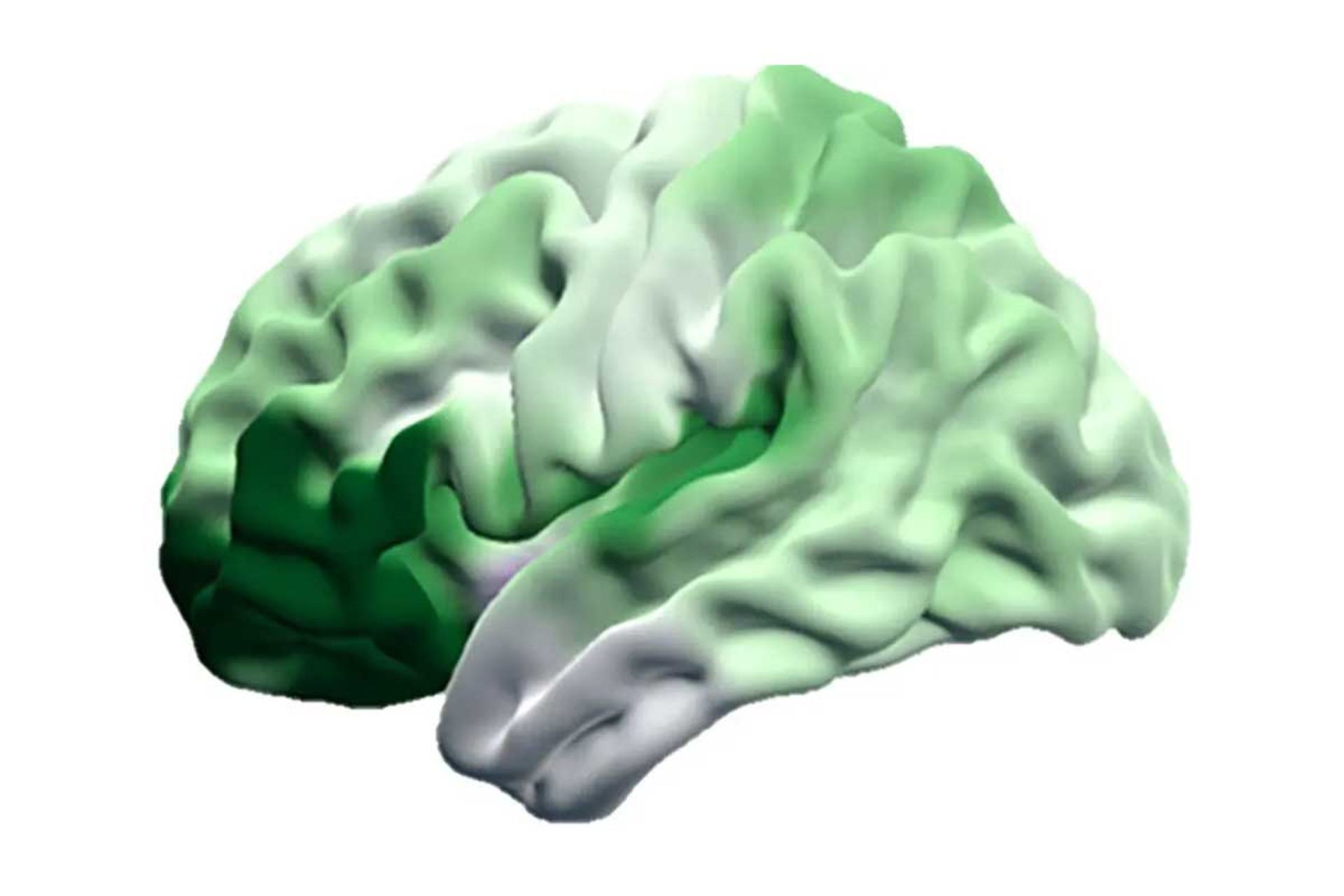
The human brain, more than any other characteristic, distinguishes our species. Over the past seven million years or so, the brain has increased in size and complexity, enabling us to use language, plan for the future, and coordinate with each other to a degree never before seen in the history of life.
But according to the New York Times, the findings of a study published last week in the journal Science show that our big brains come with a downside. The regions of the brain that expanded the most during human evolution became highly vulnerable to the damaging effects of aging.
86 billion neurons in the human brain are gathered in hundreds of separate regions. For centuries, researchers have been able to distinguish regions such as the brainstem by signs such as clustering of neurons. But it turned out that these large areas were divided into smaller areas, many of which were only revealed with the help of powerful scanners.
When the structure of the human brain came into focus, evolutionary biologists became curious about how these regions evolved from our primate ancestors to their present form.
Areas of the brain that expanded more during evolution are more vulnerable to aging
The human brain is three times larger than the brain of chimpanzees; But this size does not mean that all areas of our brain have expanded at the same rate. Some areas expanded only slightly, while others grew a lot. It should be noted that chimpanzees are not our direct ancestors, but both chimpanzees and humans evolved from a common ancestor about seven million years ago.
Sam Vickerya neuroscientist at the Jülich Research Center in Germany and the study’s author, along with his colleagues, developed a computer program to analyze the brain scans of 189 chimpanzees and 480 humans. Their program mapped each brain by identifying clusters of neurons that formed distinct regions. The researchers found that both species had 17 brain regions.
The maps then allowed the researchers to calculate how much larger each of the 17 regions in the human brain is. The researchers found a number of regions that were roughly the same size in both species; But few regions were much larger in humans. One of these larger areas was the orbitofrontal cortex; The area directly behind the eyes is essential for decision making.
Dr. Vickery and his colleagues then looked at what happens to aging brains. Neuroscientists have known for a long time that when people reach the age of 39, their neurons begin to lose some of their connecting branches; As a result, the brain begins to shrink.

But it is difficult to compare the declining human brain with the brain of other apes; Because we live much longer than them. Along with the natural decline in brain volume, older people may also develop diseases such as Alzheimer’s and Parkinson’s, which can destroy more nerve cells.
Since chimpanzees rarely live beyond 50 years, the scientists chose humans of a similar age to study how the brain ages. The researchers looked at human volunteers aged 20 to 58, as well as chimpanzees aged 9 to 50, and found that in both species, the brain shrank over the years, but some areas shrank faster than others. In humans, the areas experiencing the fastest decline are the orbitofrontal cortex and other parts of the brain that have grown the most over the past few million years.
Caleb Finchan evolutionary biologist at the University of Southern California who was not involved in the research, said the new study is “the next rung on the ladder to understanding the aging brain.” But he noted that research has yet to show why parts of the brain that have recently expanded are vulnerable to shrinking with age.
One possibility, Dr. Vickery said, has to do with the fact that the parts of our brain that are expanding more rapidly facilitate our most complex thinking. It is possible that neurons that perform complex cognitive processes wear out quickly, causing areas to shrink.
Aida Gomez-RoblesUsing just 189 scans from chimpanzees could only provide a vague picture of their aging brains, cautioned the anthropologist from University College London, who is independent of the study. “Similar studies of human aging typically involve thousands of people,” he said.
Neurons that perform complex cognitive processes are likely to wear out quickly and cause the brain to shrink.
Furthermore, the new study found only a relatively small association between enlarged areas and accelerated aging. “This,” said Dr. Gomez-Robles [ارتباط] “It’s true for some of those areas, but we don’t know if it’s true for all of them.”
Interestingly, large brain size helps us live decades longer than chimpanzees. A large brain allowed humans to ensure a more sustainable supply of food, discover the importance of clean water, and invent new types of medicine. But in the extra years we haven’t had to fight for life like humans did centuries ago, our brains continue to shrink, and the same areas that gave us longer lives are shrinking faster, a new study says.
Some of the common challenges we face as we age, such as difficulty remembering words or switching between tasks, may stem from how our brains have evolved. Dr. Vickery believes that the problems of aging are the downside or cost of having such an amazing brain.









